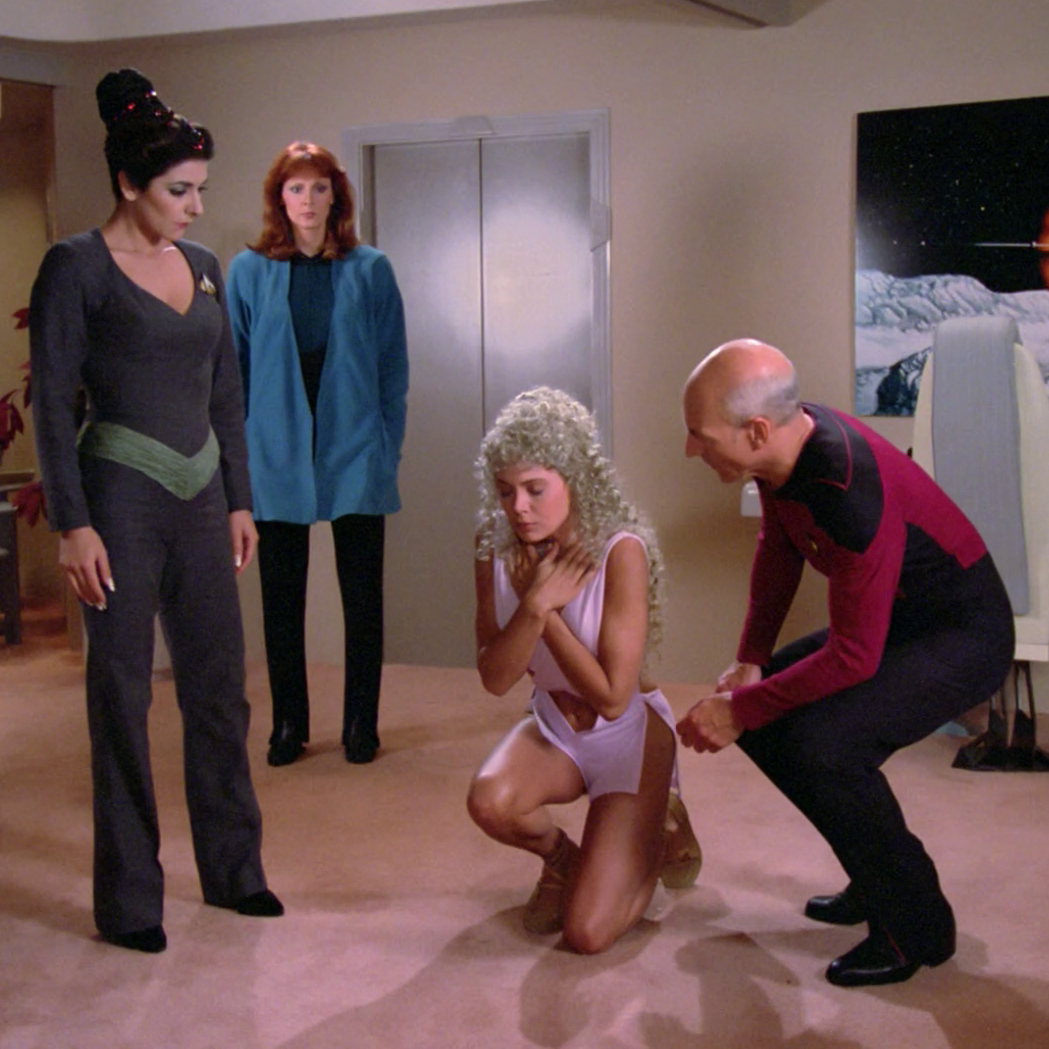Xenomorality, Relativism on a Planetary Scale
Alien Worlds – Alternate Dimensions:
A series of brief what-ifs meant to hold up a mirror against our own experiences and expectations by exploring alternatives built on different assumptions and presuppositions.
While there is a tremendous debate about Moral Relativism, I don’t have quite the time or scope to sum it all up here. Suffice it to say that while Moral Absolutism (think in terms of religion or all-powerful governments) is compelling to some, it’s not quite as interesting as a discussion point as relativism. Relativism allows a lot more room for flexibility and analysis of the roots of morality, as well as accepting other constructs. I’m going to continue this article under the assumption that there is no absolute morality and that we’re left to our own devices to determine what is right/wrong, good/wicked, moral/immoral, etc. “Which devices, then, are those?” you might ask. I would gladly answer!
One of the easiest ways to consider the underlying principles of a morality is to consider which assumptions it makes. From there, the morality we have, then, is built up from those assumptions. Whether everyone agrees or not on all the minutia, there tends to be a lot more overlap than true differences (hence why violence, while atrocious, is not a leading cause of death in the world today: http://www.who.int/mediacentre/factsheets/fs310/en/ ). Among these things tend to be simple ideas like “don’t hurt each other” and “don’t take each other’s stuff”, as well as more nuanced things like “don’t say things that aren’t true to people who would be troubled by it” and “Don’t renege on an obligation you made”. Obviously, as we work our way into the more detailed and specific, disagreements arise. “Don’t own weapons”, “Don’t divorce someone you married”, “Don’t go into public without a male escort”, “Don’t drive around without pants”, etc., the list goes on and on into things that fewer and fewer people agree with, but the big pieces are pretty clear.
Now, once you actually work out a morality that works for you/your society (wasn’t that easy, folks?), it only gets more complicated when introducing an alien culture. How does one reconcile wildly different moral frameworks? One has to pretty solidly believe in the legitimacy of one’s own ethics, otherwise would become bogged down with questions and self-doubt. That was the whole point of building off of assumptions for building blocks This surety can cause tremendous cognitive dissonance when confronted with a totally different set of moral assumptions.
Take, for example, the episode of Star Trek, The Next Generation (Justice http://memory-alpha.wikia.com/wiki/Justice_(episode) ) where Wesley accidentally violates a “punishment zone”, which is a specially selected location that is punishable by death. In this world, that’s the only punishment for anything, ever. As a result, they have a particularly solid peace and absolutely no crime. This creates a juxtaposition of our morality against this alien justice system. Who are we to say whether our moral constructs are legitimate while theirs aren’t? Ours relies on a complicated series of laws and enforcement and dozens of agencies, theirs relies on simple white fences and men with lethal injection syringes (and a sort of all powerful god watching over them). A different set of assumptions that leads to a different concept of law, enforcement and punishment.

Hard to argue with the fanatical devotion and 0% crime rate, even if they can be sorta passive aggressive bitches
There’s many examples of these alien or alternative moralities in media. Consider the Purge and it’s seemingly insane implementation of the exercising of underlying criminal behavior on a single night and how that could possibly have a meaningful impact on other criminal activity. Likewise, the “Needs of the many” sort of attitude exhibited in cultures such as those in Dr Who (The Rings of Akhaten http://tardis.wikia.com/wiki/The_Rings_of_Akhaten_(TV_story) ) where peace with a neighboring God/Planet/Demon/Thing (The eponymous Akhaten) can be preserved, provided that a ritualistic sacrifice be offered. Again, this is abhorrent to the humans/timelords who arrive (nevermind the complicated ramifications of The Doctor’s interference. One of the perks of not having a “Prime Directive”). The Doctor projects our own moral assumptions onto this world. Naturally the result would be positive (it’s a tough sell to tell people that their own moral narrative is flawed and that innocent children should be sacrificed).
So in the end, It’s an interesting story writing technique to explore alien moralities, so long as we maintain a grounding in our local morality, lest we transcend it and lose track of how to interact with society. In the end, it would seem that our earthly moral relativism is less of a crisis as we might think as we negotiate which of the fiddly details are honorable, which are unsavory, which are acceptable, which are abhorrent. Beats the hell out of putting people to death for stomping flowers or raising sacrificial lambs to appease fiery neighbor planets.

